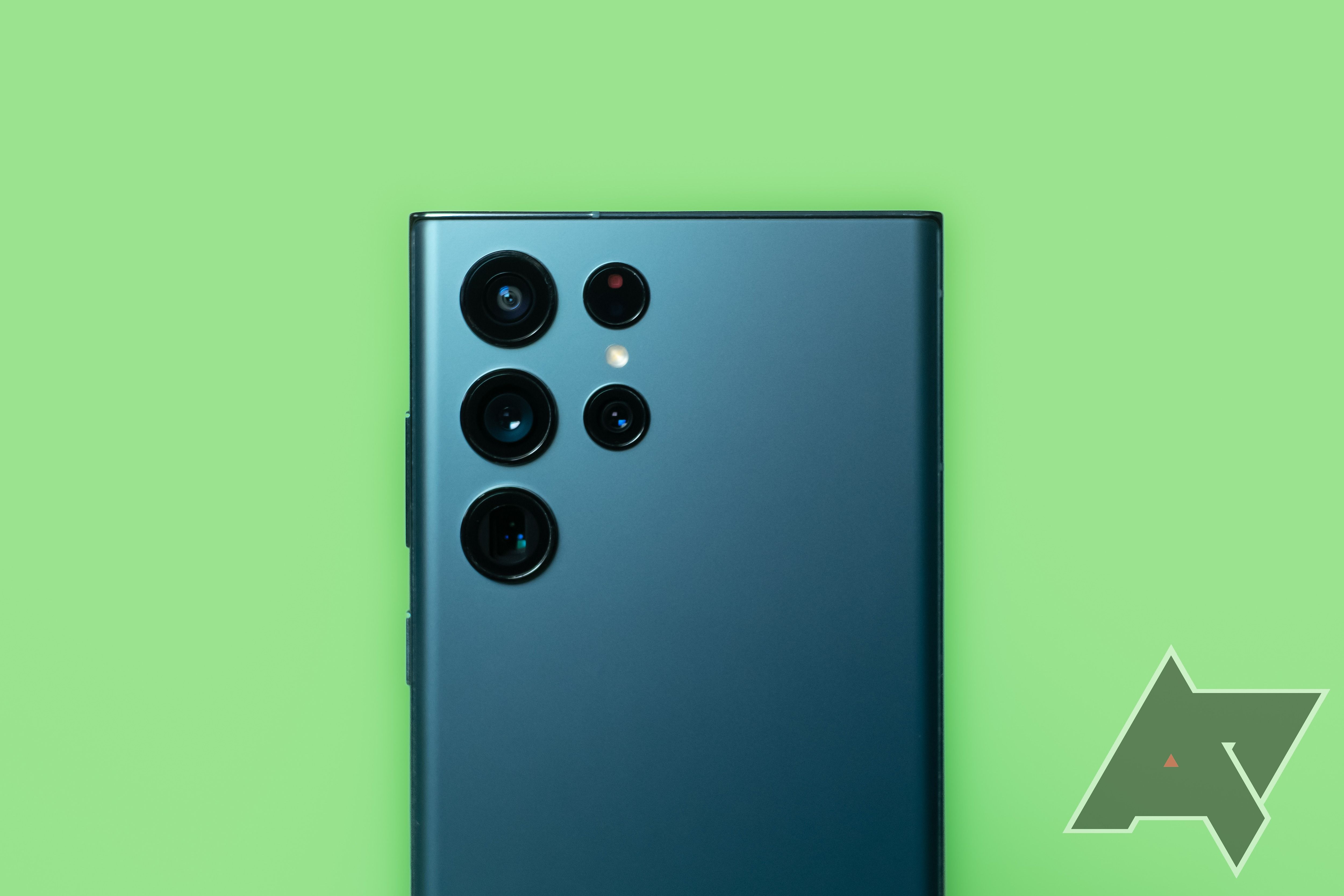We might be months away from the launch of the Galaxy S23 series, but that doesn't mean rumors aren't already floating around the industry about Samsung's next non-foldable flagships. Last month, we heard the Galaxy S23 and S23+ might use the same 10MP telephoto camera as their predecessors, which wasn't all too surprising — after all, Samsung actually recycles camera hardware quite often. A new report now claims this rumor also holds true for the Galaxy S23 Ultra.
The Galaxy S22 Ultra is a powerhouse of mobile photography, with a total of four cameras at the rear aiming to cover every possible scenario you'd run into, all while doing an excellent job at it. Sure, the secondary lenses aren't as pixel-dense as the ones you get on rival flagships, but you've probably already heard that more pixels don't always translate to better quality. Those sensors are a winning formula — we absolutely loved the results earlier this year. According to Galaxy Club, Samsung looks like it's betting on that 10MP telephoto camera for the second time in a row.
If this information turns out true, the Galaxy S23 Ultra will once again pack a 10MP Sony IMX754 sensor paired with a 10x lens for optical zoom on the rear. Don't expect identical results, though, as Samsung will probably throw in some improvements to image processing, as it does every year. Also, while that "10MP" figure might lead one to think that this is the same sensor the S23 and S23+ might use, that isn't really the case — the Galaxy S22 Ultra's telephoto unit has a pixel size of 1.12 µm, marginally larger than the 1.0 µm the non-Ultra models have.
What might not be recycled next year is that 108 MP primary camera the Galaxy S22 Ultra sports. That sensor already has one of the highest pixel counts around, but rumors say that Samsung wants to take things to the next level by using an even higher-resolution sensor by including a 200MP sensor in the Galaxy S23 Ultra. Galaxy Club could not confirm these reports, though, so we'll have to wait and see how things unravel for now.

